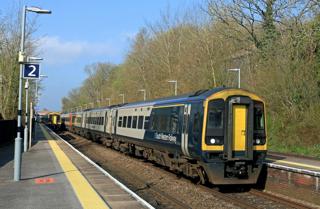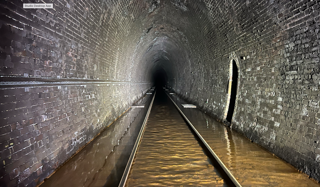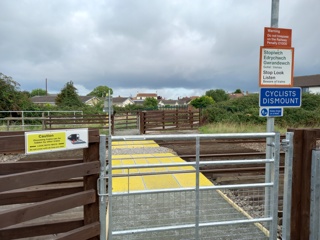
The Department for Transport has denied suggestions it could override decisions made by the Office of Rail and Road (ORR) to approve new open access routes.

The Department for Transport has denied suggestions it could override decisions made by the Office of Rail and Road (ORR) to approve new open access routes.
A report in The Sunday Times on May 4 quoted a government source who said the Transport Secretary, Heidi Alexander, could step in if the regulator gave the green light to new routes “at the expense of the taxpayer”.
It also said Alexander was concerned about the number of recent applications.
Speaking to RAIL at the breakthrough of the HS2 Bromford Tunnel in Birmingham, Rail Minister Lord Hendy said he didn’t think the suggestion was feasible.
“The situation at the moment is people make their applications, Department and Network Rail comment on them, the ORR takes the decision.
“Not in my knowledge is there any part of the legislation where the Secretary of State can overrule that.”
Another government source also said they didn’t recognise the claims made in The Sunday Times.
However, Hendy didn’t rule out a future change to legislation.
The recent consultation for the creation of Great British Railways suggested transferring the power to make decisions on track access applications from ORR to GBR.
Hendy added: “What we do in the future with GBR might well be different. And, actually, that's for the railway bill which will be in Parliament. I'd like it in the summer, but realistically it's probably more likely the autumn.
“But you'll see in there, and the consultation recently, talked about how we might deal with access and sought comments.”
The consultation suggested ORR becoming used in a track access appeals role, saying the regulator would “evaluate whether GBR has acted rationally and fairly, in line with its legal duties” and complying with its Access and Use Police and contractual obligations.
It would then recommend remedies If it decides GBR’s decision-making has not followed its own processes and been “discriminatory“.
Login to continue reading
Or register with RAIL to keep up-to-date with the latest news, insight and opinion.

















Login to comment
Comments
No comments have been made yet.